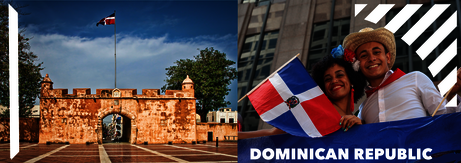Summary of operations
Road Infrastructure: Financing for 148 kilometers of highways.
Energy: Financing for the generation of 80 megawatts of clean renewable energy.
Agro Sector: US$ 60 million for the strengthening of the agricultural sector with a sustainable technological approach.
A 228% increase in the amount estimated in the 2021-2026 country strategy, reaching US$ 1.8 billion. In the previous five-year period the disbursement amounted US$ 533.9 million.
PROJECTS
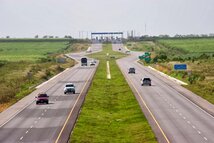
Coral Highway Project
It consisted of the construction of a 70-kilometer-long, 4-lane highway, for which financing of US$70.0 million was allocated.
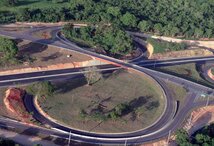
Improvement and Expansion of the Eastern Road Corridor for road sections
San Pedro de Macorís-La Romana Section, La Romana Beltway Section and Eastern Tourist Boulevard Section, totaling 78 kilometers in length and representing the best road infrastructure in the country.
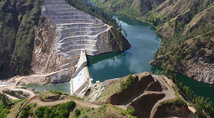
Palomino Hydroelectric Project
With a clean and renewable energy generation capacity of 80 megawatts, it is located in the Province of San Juan. For its execution, the Bank allocated financing for a total amount of US$ 130.0 million
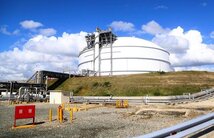
Construction of a 50-kilometer gas pipeline in San Pedro de Macorís
Loan in favor of AES Dominicana for a total amount of US$54.00 million.
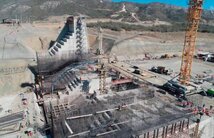
Montegrande Multipurpose Dam Project Phase III
With current financing of US$249.6 million
CABEI Promotes Financial Inclusion and Entrepreneurship in the Central American Region
![[Translate to English:] [Translate to English:]](/fileadmin/_processed_/5/e/csm_BCIE_-12_octubre_2023_-_PREMIOS_SOLIDARIDAD_PRESENTACION-166_c61f10b10d.jpg)
As part of its commitment to the financial inclusion of MSMEs, the multilateral has promoted the development of the Solidarity Awards for two consecutive years through its Social Support Foundation (FAS).
Tegucigalpa, October 17, 2023.- In order topromote the financial inclusion of micro, small and medium-sized enterprises (MSMEs) in the region, the Central American Bank for Economic Integration (CABEI), through its Social Support Foundation (FAS), approved a grant of up to US$300,000 to the Solidarios Network of the Council of American Development Foundations for the execution of the CABEI-Microenterprise Solidarity Program 2023-2025.
The purpose of the Program is to train, recognize and reward micro, small and medium-sized entrepreneurs in order to encourage the generation of innovative initiatives, strengthen their capacities for more efficient resource management, facilitate their access to the financial sector and promote the financial inclusion of MSMEs at the regional level, with special emphasis on businesses led by women.
Each year, at the regional level, a call for applications is held in which the microfinance companies that are members of the Solidarios network nominate entrepreneurs who stand out in their communities due to their testimony, business management and leadership. An evaluation committee, based on specific variables and criteria, selects approximately 18 of these entrepreneurs to be recognized with seed capital.
In addition, as part of this initiative, a customized technical assistance and mentoring program is implemented that focuses on key areas such as financial management, accounting records, inventory management, budgeting, access to financial services, among others.
FAS was created by CABEI in 2021 with the objective of promoting high social impact projects in member countries, since then it has supported initiatives that improve the development of human capital and the quality of life of socially vulnerable populations.

